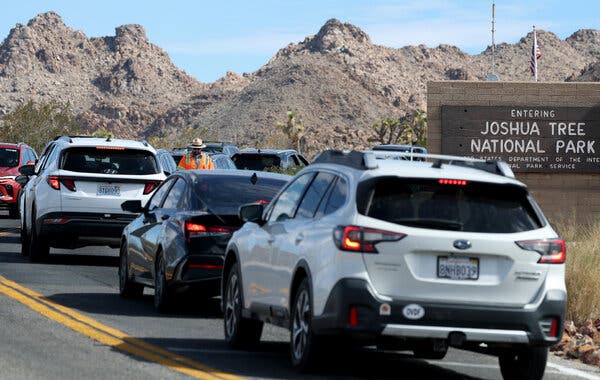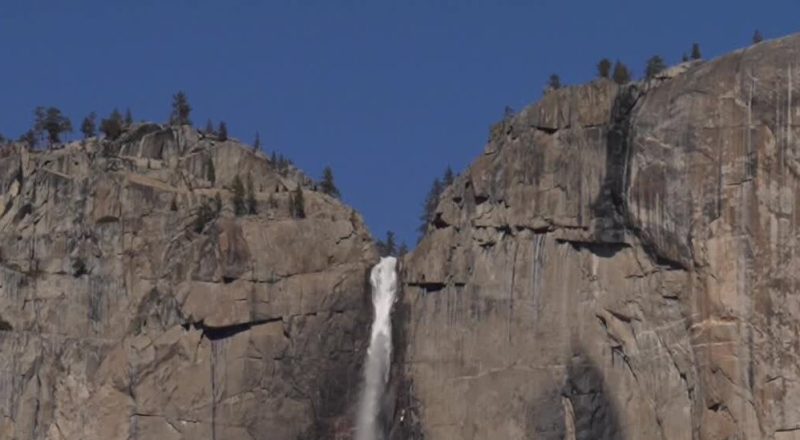Firings, resignations and delays in seasonal hiring have clouded the coming vacation season at the 433 sites and 85 million acres managed by the National Park Service. Parks are already closing campgrounds, cutting hours and reducing services, and insiders are predicting a challenging summer.
Weeks after President Trump took office, the administration abruptly dismissed more than 1,000 permanent, full-time N.P.S. workers, and at least 700 more took buyouts. The park service usually operates with about 20,000 total employees, including approximately 7,000 seasonal workers.
Conflicting court rulings have since reinstated laid-off employees and then given the government permission to fire them again. Another round of buyouts announced in early April could increase the total number of staff departures to around 2,500, according to Kristen Brengel, senior vice president for government affairs at the National Parks Conservation Association. On top of all this, many of the reinstated employees have simply decided not to return to their posts.
Advertisement
SKIP ADVERTISEMENT
The chaos comes after the national parks, already chronically underfunded, welcomed a record 332 million visitors last year. This summer is likely to bring bigger crowds, longer entry waits, closed trails, uncleaned toilets, uncollected trash and more.

Rangers play a big role in directing cars at parks like Joshua Tree, in Southern California. Staffing cuts could leave visitors stuck in more traffic jams.Credit…Mario Tama/Getty Images
If you go, plan ahead to avoid headaches: Buy a single-park or federal lands pass at recreation.gov in advance, and don’t wait to make reservations: Prime campsites and popular tours are already booking up.
Subscribe to The Times to read as many articles as you like.
